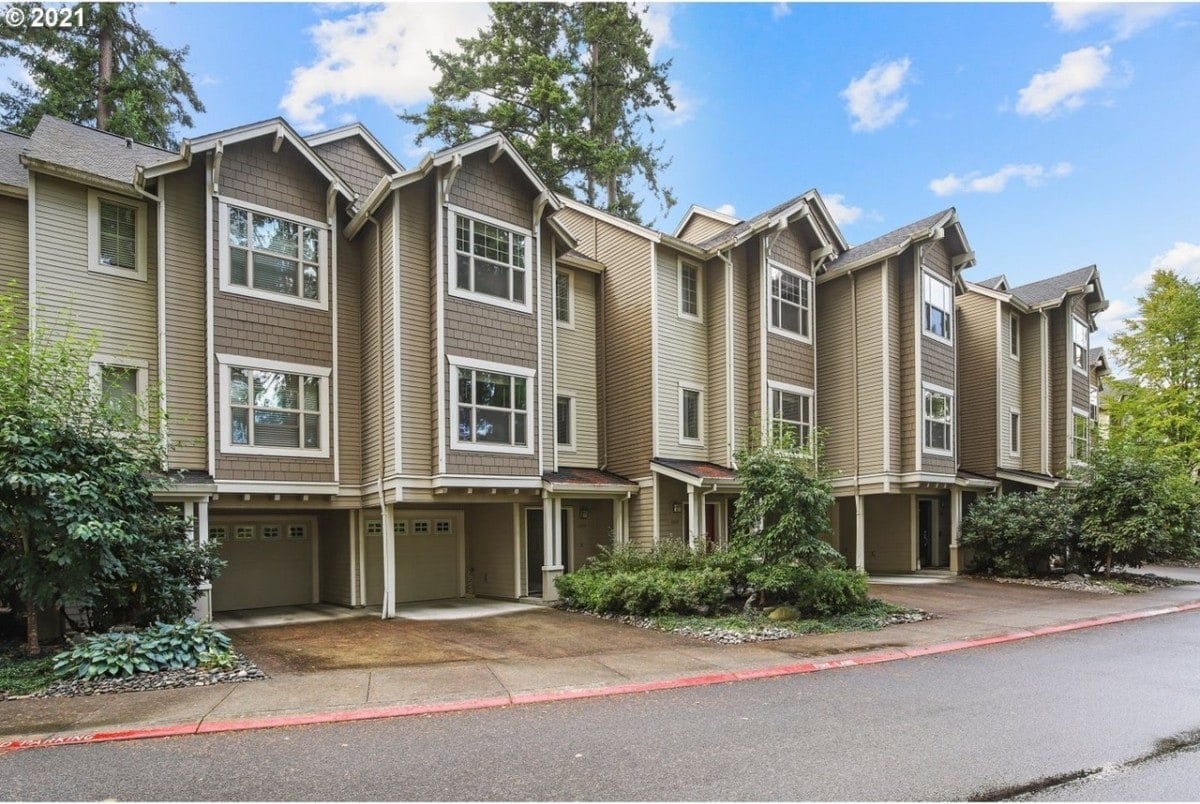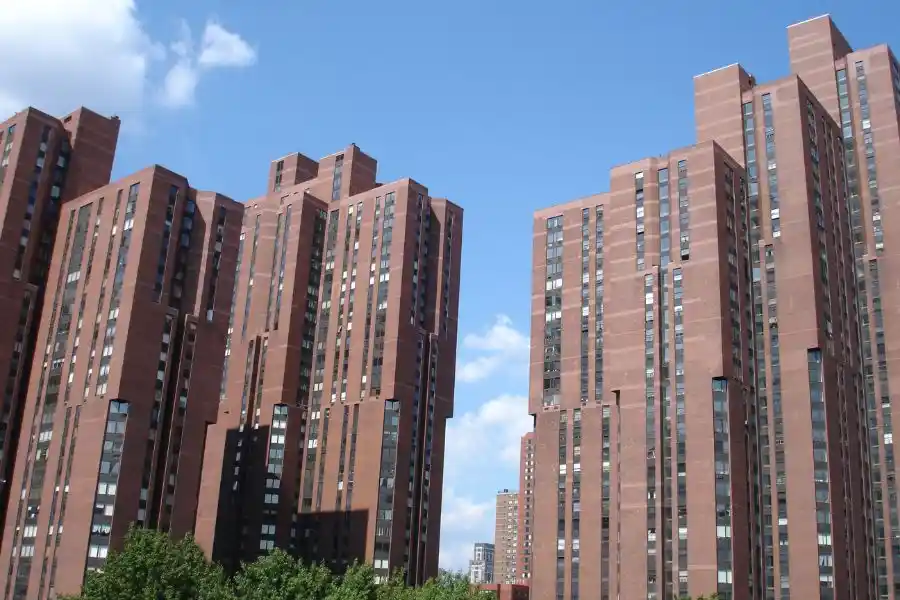Apartments make up the most significant number of housing units in the city. Among apartments, co-ops dominate and make up about 75% of the total inventory. They are cheaper and more readily available, but if you are trying to buy one, there is at least one question you should seek an answer to first – What are three disadvantages to living in a co-op?
Lifestyle Restrictions
Co-op boards enjoy far more power over how a building is run than condo boards, and they may also have more (and more restrictive) rules. This may include a strict pet policy, noise levels, repair restrictions, etc. This makes your ownership relatively restrictive. You have to adhere to the co-op’s rules and guidelines. Otherwise, you may face anything from fines and restricted privileges to terminating your lease in the building.
Subletting Restrictions
Co-op boards often have strict subletting rules if they allow subletting in the first place (which many co-ops don’t). Many co-ops only allow you to sublet your apartment for a maximum of one to two years during a five- to seven-year window. They may also have the final say over the tenant, limiting the owner’s power.

Costs
The upfront costs of a co-op might be lower, but the monthly maintenance fees are typically higher compared to a condo. The simplest reason is that the co-op maintenance fees cover more things, including an underlying mortgage and property tax. Some co-ops also have a flip tax for when you are selling the apartment, which means that a segment of your sale would go to them.
An experienced New York City broker can help you understand the disadvantages and limitations of co-op living.
Read more: What is A Co-op/Condo Reserve, And How Does It Impact Buyers and Residents?












